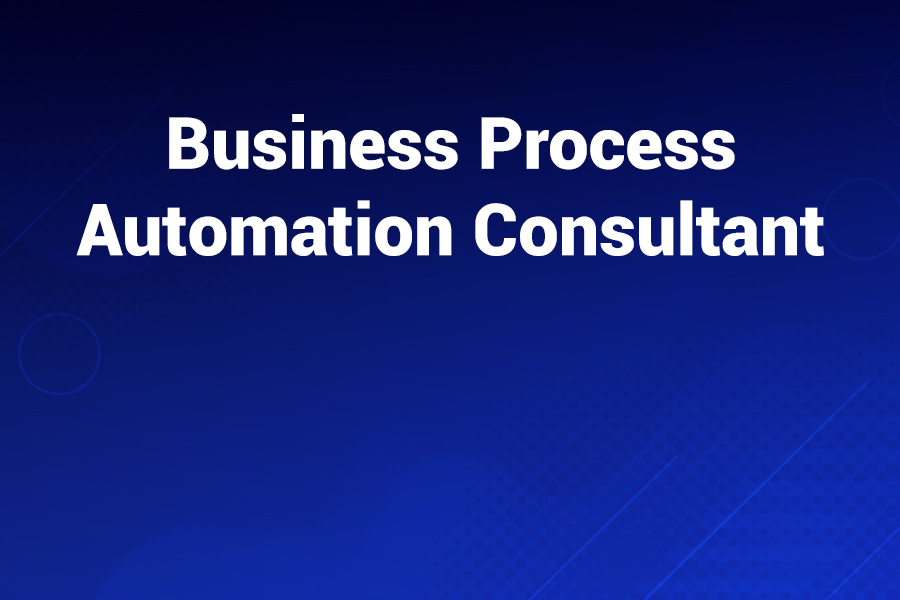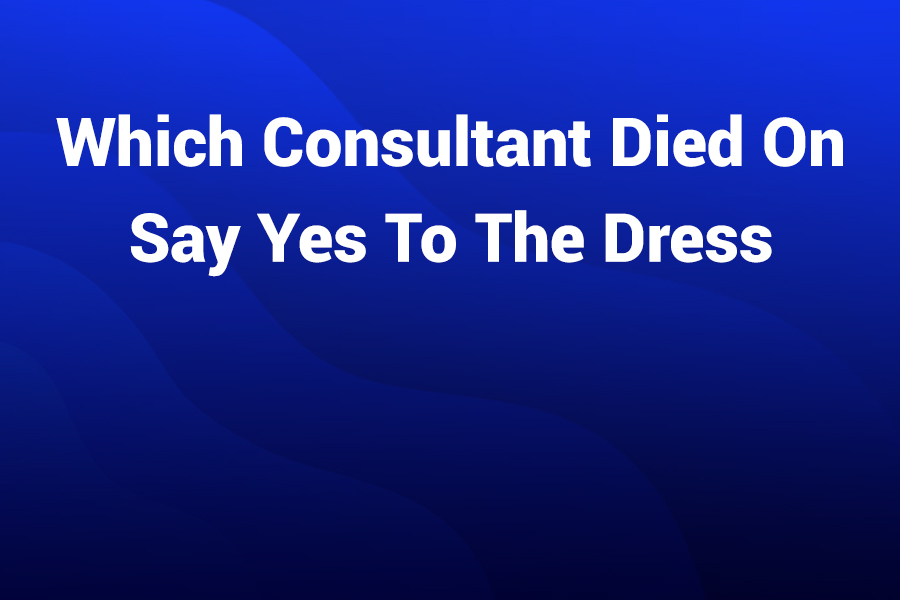- Home
- Services
- PedroVazPaulo Coaching
- PedroVazPaulo Marketing Consulting
- PedroVazPaulo Real Estate Investment Consulting
- PedroVazPaulo Operations Consulting
- PedroVazPaulo Entrepreneur Support
- Pedro Paulo Business Consultant
- PedroVazPaulo Executive Coaching
- PedroVazPaulo Business Consultant
- PedroVazPaulo Strategy Consulting
- PedroVazPaulo Wealth Investment Consulting
- Blog
- About
- Contact

Consulting can be a rewarding and flexible career, but if you’re planning to start your consulting business in California, you may be wondering, “Do I need a business license to be a consultant in California?” The answer to this question is more nuanced than a simple “yes” or “no,” as it depends on several factors including the nature of your consulting business, your location, and the specific services you plan to offer.
In this comprehensive guide, we will break down the requirements for starting a consulting business in California, including whether you need a business license, the different types of licenses available, and the steps you need to take to get your consulting business up and running legally.
What is a Business License, and Why Do You Need One?
Before diving into the specifics of California’s business license requirements for consultants, let’s first clarify what a business license is and why it’s important.
A business license is an official authorization issued by a local, state, or federal government that allows you to legally operate your business. Business licenses serve several purposes:
- Compliance: They ensure that your business complies with local, state, and federal regulations.
- Taxation: They help the government track the tax obligations of your business.
- Public Safety: Business licenses help ensure that businesses operate in a safe, legal, and ethical manner.
Having the proper business license is important because operating without one can result in fines, legal trouble, or even the closure of your business. For consultants, a business license is generally required to formalize your business operations and comply with local regulations.
Do I Need a Business License to Be a Consultant in California?
1. Business License Requirements in California
In California, the requirement for a business license depends largely on the city or county in which you are conducting business. While the state of California does not require a statewide business license, most cities and counties in California require businesses to obtain a local business license to legally operate within their jurisdiction.
2. What Type of Business License Do Consultants Need in California?
There are several types of licenses and permits you might need as a consultant in California, depending on your business structure and the nature of your services. Here are the most common types:
2.1. Local Business License (City or County)
As mentioned, most cities and counties in California require businesses to obtain a local business license, even if you’re operating as a sole proprietor. This applies whether you’re running your consulting business from home, a commercial office space, or another location.
- How to Obtain a Local Business License: To get a business license in your city or county, you’ll need to contact your local government’s business licensing department or visit their website. You’ll need to provide basic information about your business, such as your business name, address, and the type of services you provide.
2.2. California Seller’s Permit (If Applicable)
If your consulting services involve selling tangible goods or taxable products, you may need to register for a California Seller’s Permit with the California Department of Tax and Fee Administration (CDTFA). However, this is typically not required for service-based consulting businesses unless you’re selling products as part of your services.
- When Do You Need a Seller’s Permit? If you plan to sell physical products or provide certain types of taxable services (like software consulting or certain digital products), a seller’s permit is necessary.
2.3. Professional Certifications or Permits (If Required)
Certain types of consultants, such as financial consultants, real estate consultants, or healthcare consultants, may require specialized certifications, permits, or licenses beyond just a business license. For example:
- Real Estate Consultants need to be licensed through the California Department of Real Estate (DRE).
- Financial Consultants need to be registered with the Securities and Exchange Commission (SEC) or state regulatory bodies.
If your consulting services fall under regulated industries, make sure to check if you need any specific professional certifications or licenses.
Business Structure and Its Impact on Licensing Requirements
Your business structure will also affect whether you need a business license. Let’s explore the licensing requirements for different business structures in California.
1. Sole Proprietorship
If you’re operating as a sole proprietor — meaning you are the only owner and are personally responsible for your business — you may still need a local business license from your city or county. This is the most common business structure for consultants, as it’s easy to set up and manage.
- Do You Need a Business License as a Sole Proprietor? Yes, most sole proprietors in California need to obtain a local business license. You may also need to file a DBA (Doing Business As) registration if you’re using a business name other than your own.
2. Limited Liability Company (LLC)
An LLC is a business structure that protects your personal assets while offering flexibility in management. LLCs often have additional requirements compared to sole proprietorships, including state-level registration with the California Secretary of State.
- Do You Need a Business License as an LLC? Yes, LLCs must also obtain a local business license. The process for obtaining a business license is similar to that of sole proprietors, though LLCs may also need to file for EIN (Employer Identification Number) and state taxes with the Franchise Tax Board (FTB).
3. Corporation
If you plan to operate your consulting business as a corporation (C-corp or S-corp), you will need to file articles of incorporation with the California Secretary of State and obtain a federal EIN.
- Do You Need a Business License as a Corporation? Yes, corporations are required to obtain a local business license in the city or county where they are conducting business. Additional corporate taxes and fees may also apply at the state and federal levels.
Additional Permits and Registrations You May Need as a Consultant in California
Beyond the business license, there may be additional permits and registrations required based on your business type and location. These could include:
1. Home Occupation Permit
If you’re working from home, many cities require a home occupation permit if you are running your consulting business from your residence. This ensures that your business activities don’t disturb the neighborhood and that you’re compliant with local zoning laws.
2. Health and Safety Permits
If your consulting involves physical health services (like wellness consulting), you may need additional health and safety permits to ensure you meet California’s regulations for health and safety standards.
How to Get Your Business License in California
Here are the steps you need to follow to get a business license as a consultant in California:
Step 1: Choose Your Business Name
Before applying for a license, choose a business name. If you’re using a name other than your own, you’ll need to file a DBA (Doing Business As) with the county.
Step 2: Register with the California Secretary of State (If Applicable)
If you are forming an LLC or corporation, you’ll need to register with the California Secretary of State.
Step 3: Apply for a Local Business License
Visit your city or county’s business licensing office or website to apply for a local business license. Fill out the necessary forms and pay the required fees. Keep in mind that fees vary based on your business location and type.
Step 4: Obtain Additional Permits or Certifications (If Required)
If your business requires additional permits or certifications (such as for health, finance, or real estate consulting), be sure to apply for them through the appropriate state or local agencies.
Common Mistakes to Avoid When Getting a Business License in California
- Not Checking Local Regulations: Many consultants overlook the need for a local business license. Be sure to check with your city or county to ensure compliance with their requirements.
- Operating Without a Permit: Operating your consulting business without the proper business license or permit could result in penalties or business shutdown.
- Not Renewing Your License: In California, business licenses are typically valid for one year. Failing to renew on time can lead to fines or penalties.
Conclusion: Do I Need a Business License to Be a Consultant in California?
In California, most consultants will need to obtain a local business license to legally operate their business. The requirements for a business license can vary by city and county, so it’s important to check with your local government to ensure you’re in compliance with local laws.
Additionally, depending on your business structure, industry, and location, you may need additional permits, certifications, or registrations to operate legally. The process can seem complex, but with careful planning, you can get your consulting business up and running smoothly.
By following the steps outlined above and consulting with the appropriate agencies, you’ll be on your way to establishing a successful consulting business in California.
Frequently Asked Questions (FAQs)
1. How long does it take to get a business license in California?
The processing time varies by city or county but usually takes 1-2 weeks after you submit your application and fees.
2. How much does a business license cost in California?
Business license fees vary widely based on your location and business type. Expect to pay anywhere from $50 to $400 for a local business license.
3. Do I need an LLC to become a consultant in California?
No, you don’t need an LLC to become a consultant. Many consultants operate as sole proprietors. However, forming an LLC provides personal liability protection and tax benefits.






